Animals have always been a source of fascination, largely because of their mysterious abilities to predict natural phenomena long before humans can. Whether it’s an earthquake, a tsunami, or a storm, certain animals exhibit strange behaviors that have long puzzled scientists—and perhaps it’s time we pay more attention to these non-human early warning systems. In this listicle, we will explore 13 animals that seem to have a sixth sense for impending natural disasters. So, buckle up and prepare to be amazed by the animal kingdom’s secret superpowers!
1. Dogs and Their Uncanny Ability to Sense Earthquakes

Dogs have long been considered man’s best friend, but they might also be our best natural disaster watchdogs. Many dog owners have reported that their pups behave erratically just before an earthquake strikes. According to the US Geological Survey, dogs may detect small vibrations in the ground that precede larger seismic activities. They may also sense changes in the Earth’s electromagnetic fields, which could explain their unusual behavior. Have you ever noticed your dog whining, barking, or acting restless for no apparent reason? It might be worth paying attention, as man’s best friend could be trying to alert you to an imminent earthquake.
Interestingly, different breeds of dogs may pick up on these signals in diverse ways. Some might bark insistently, while others might seek comfort by snuggling close to their human companions. There are even anecdotes of dogs pacing, refusing to eat, or digging at the ground before an earthquake strikes. While scientific research is ongoing, there’s no denying that our canine companions have an extraordinary ability to sense what’s coming. Next time your dog acts out of the ordinary, take a moment to consider whether they might be aware of something you aren’t.
2. Cats and Their Mystical Connection to the Natural World

Cats are often seen as mysterious creatures, and their ability to sense natural disasters only adds to their enigmatic reputation. Anecdotal evidence suggests that cats can sense earthquakes and storms long before they occur. According to the BBC Science Focus Magazine, cats may react to changes in atmospheric pressure, which often precede significant weather events. This heightened sensitivity might be why your cat suddenly hides under the bed or becomes unusually clingy just before a storm hits.
Beyond earthquakes and storms, some cats have been observed predicting volcanic eruptions. Their keen sense of smell might alert them to the faint scent of volcanic gases that humans can’t detect. Additionally, cats have been seen to pace or exhibit signs of distress before a natural disaster, which many cat owners have come to recognize as a warning sign. While it may seem like cats have a mystical connection to the natural world, their senses are simply attuned to subtle changes in their environment. So, the next time your feline friend starts acting strangely, take notice—they might be trying to tell you something important.
3. Seismic Sleuths: Ants Sensing Earthquakes
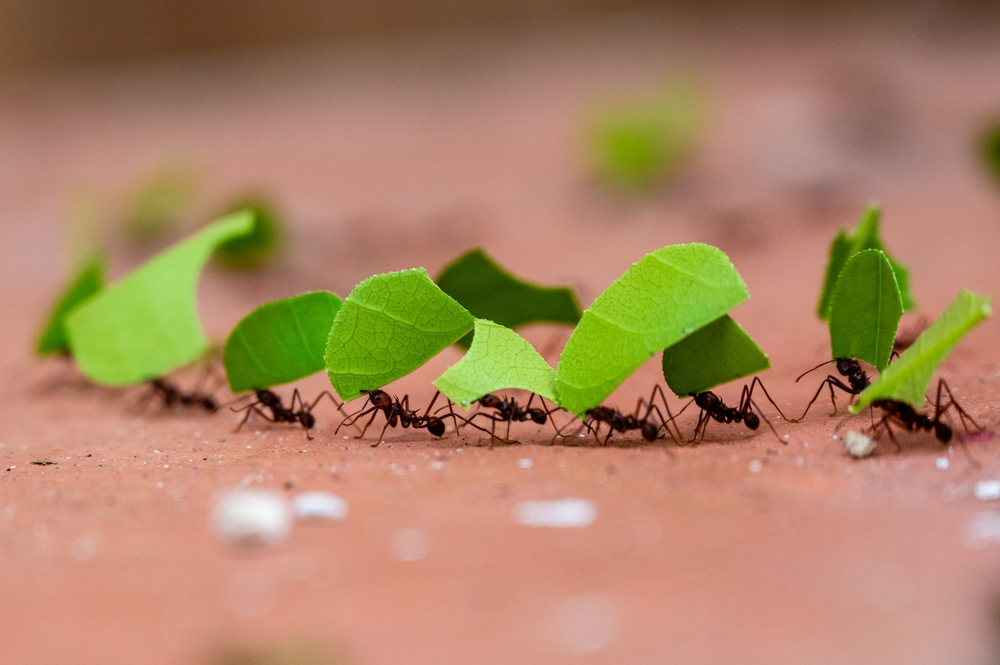
Ants may be tiny, but their ability to sense earthquakes is far from insignificant. According to research published in Live Science, certain species of ants change their daily behavior patterns when an earthquake is imminent. According to their findings, these ants tend to leave their nests and become more active at night before an earthquake strikes. The theory suggests that ants may be sensitive to the small changes in the Earth’s magnetic field that often occur before seismic activity.
The fascinating part is that ants resume their normal behavior shortly after an earthquake passes, indicating that their unusual activity is directly linked to these natural events. Imagine watching an entire colony of ants abandon their usual routine and scurry about in chaos—it’s like a tiny, bustling city preparing for a natural disaster. While ants might not have the same cuddly appeal as dogs or cats, their ability to sense seismic events is an invaluable asset. So, if you notice ants behaving oddly, it might be worth considering whether the ground beneath you is about to move.
4. Elephants and Their Earthquake Sensitivity
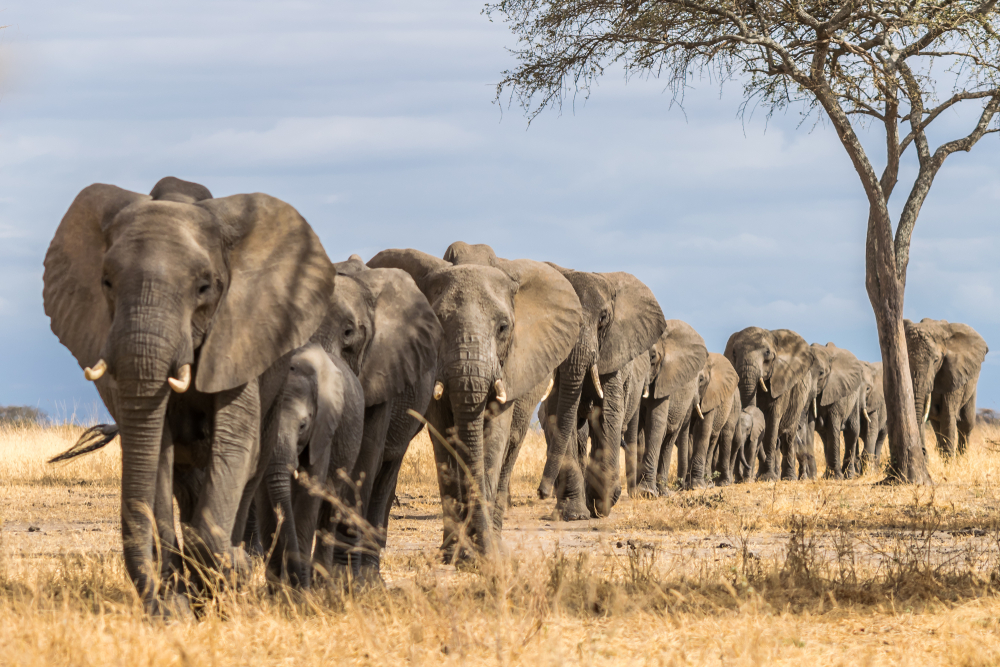
Elephants are majestic creatures with an intelligence that never ceases to amaze. Beyond their well-known skills, elephants possess an incredible ability to sense earthquakes before they occur. They’re known to pick up low-frequency vibrations, or infrasound, that travel through the ground—a skill that could help them detect distant seismic activities. In some cases, elephants have been seen to exhibit unusual behaviors, such as trumpeting loudly or moving to higher ground before earthquakes strike.
Their large, sensitive ears not only help them hear these low-frequency sounds but also detect subtle changes in the environment. There are accounts of elephants leaving their usual habitat and heading for safer areas days before an earthquake, which might indicate an awareness of impending danger. Researchers are still studying these behaviors to understand better how elephants can sense these events. So the next time you see elephants acting out of the ordinary, they might just be responding to signals that humans are unable to perceive.
5. Fish and Their Pre-Tsunami Dance

Fish might not be the first creatures that come to mind when you think about sensing natural disasters, but they are surprisingly adept at predicting tsunamis. Many fishermen have observed fish swimming erratically or gathering in large groups just before a tsunami hits. Scientists believe that fish may detect changes in water pressure and vibrations, which are often precursors to underwater earthquakes and subsequent tsunamis.
Interestingly, fish are also sensitive to electromagnetic changes in the environment, which can occur before a seismic event. In the ocean’s vast expanse, these signals might be more detectable to fish than to other marine animals. While not all fish species exhibit these behaviors, those that do can provide valuable warning signs for people living in coastal areas. So, when you hear about fish behaving strangely just before a tsunami, take note—it could be a natural alert system at work.
6. Birds and Their Sky-High Disaster Warnings
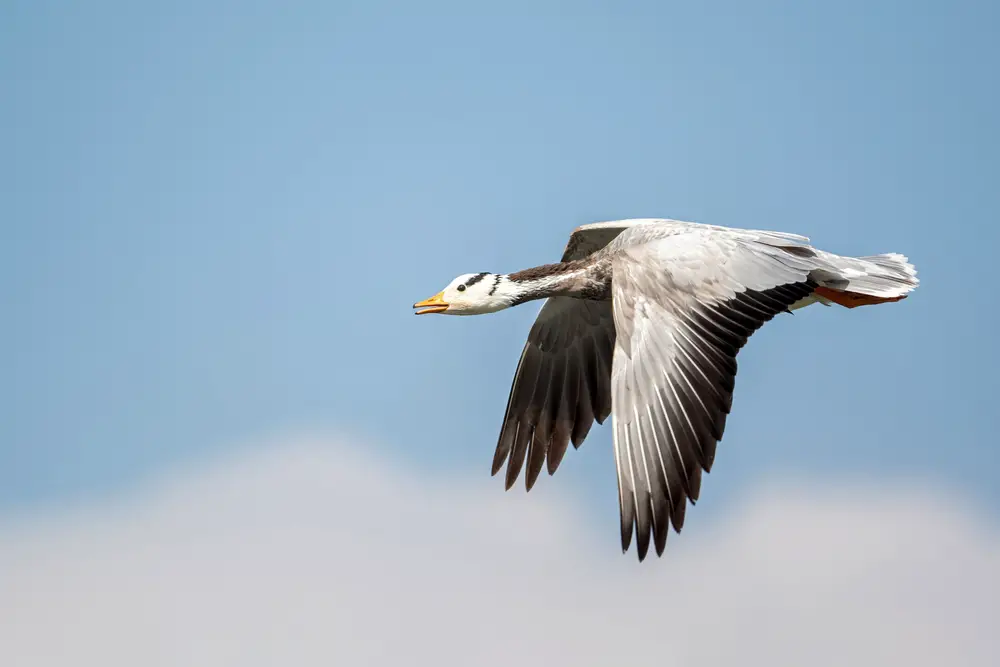
Birds are well-known for their migratory prowess, but did you know they can also sense natural disasters? Many bird species are thought to perceive changes in barometric pressure, which often precede storms and other atmospheric events. This sensitivity allows them to fly to safer areas before a natural disaster strikes. Bird watchers and scientists have observed unusual flocking behaviors or changes in flight patterns before severe weather events, like hurricanes and cyclones.
In addition to atmospheric changes, birds may be able to detect the low-frequency sounds produced by seismic activities. When these sounds reach them, birds may change their routines, often seen vacating an area shortly before an earthquake. Their ability to take flight and seek safety makes them remarkable early warning devices for many natural disasters. So, if you notice birds behaving unusually, it could mean that Mother Nature is sending an urgent message from above.
7. Sharks and Their Storm Signals

Sharks might not be the friendliest creatures, but their sensory abilities are impressive. These ocean predators can detect changes in the Earth’s magnetic field, which often occur before significant weather events like hurricanes. Studies have shown that sharks might dive deeper into the ocean in response to incoming storms. This behavior is believed to be a survival strategy, allowing them to escape the turbulent waters at the surface.
Additionally, sharks have a keen sense of smell and can detect changes in water salinity, temperature, and pressure—all factors that can indicate an approaching storm. By swimming to deeper, calmer waters, sharks exhibit a natural ability to predict and respond to environmental changes. While they might not be able to send warnings to humans directly, their behaviors can provide clues to upcoming natural events. So, the next time you hear about sharks behaving strangely, it could be a sign of stormy seas ahead.
8. Frogs and Their Rain Dance Before a Storm
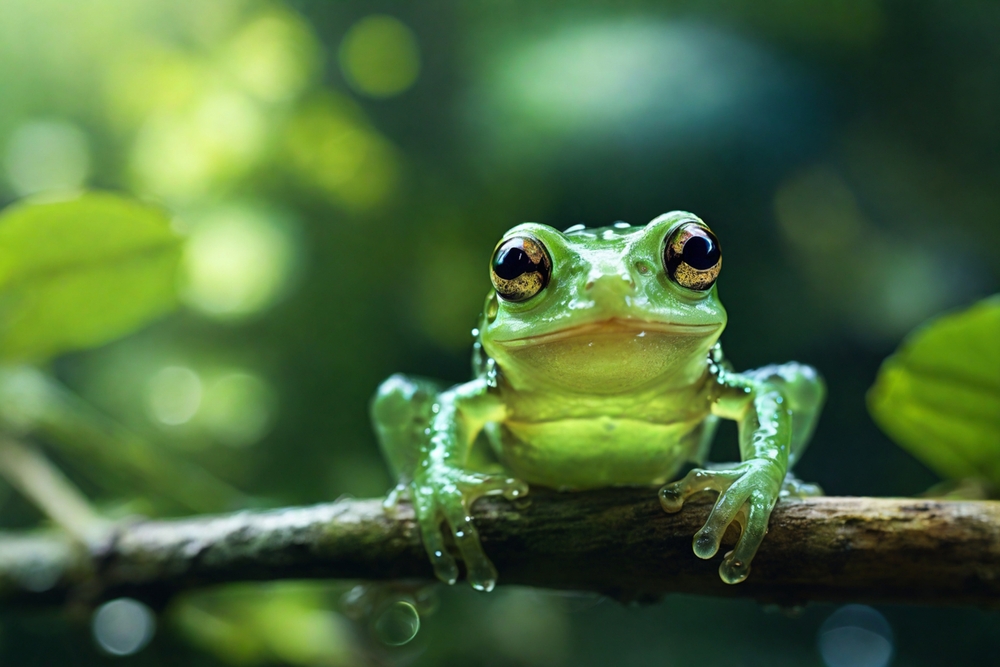
Frogs have long been associated with rainy weather, and their ability to predict storms is more than just folklore. These amphibians are incredibly sensitive to humidity and atmospheric pressure changes, which often precede a downpour. Frogs tend to croak louder and more persistently as a storm approaches, a behavior that has been noted by many keen observers of nature.
Moreover, some species of frogs have been seen to leave their usual habitats and head for higher ground before heavy rainfall or flooding. This change in behavior might be an instinctual response to avoid being swept away by rising waters. Their croaking chorus is not just a mating call—it’s a natural alert system for impending wet weather. So, if you hear an unusually loud frog symphony, it might be time to grab your umbrella.
9. Bees and Their Hive Exodus Before a Disaster
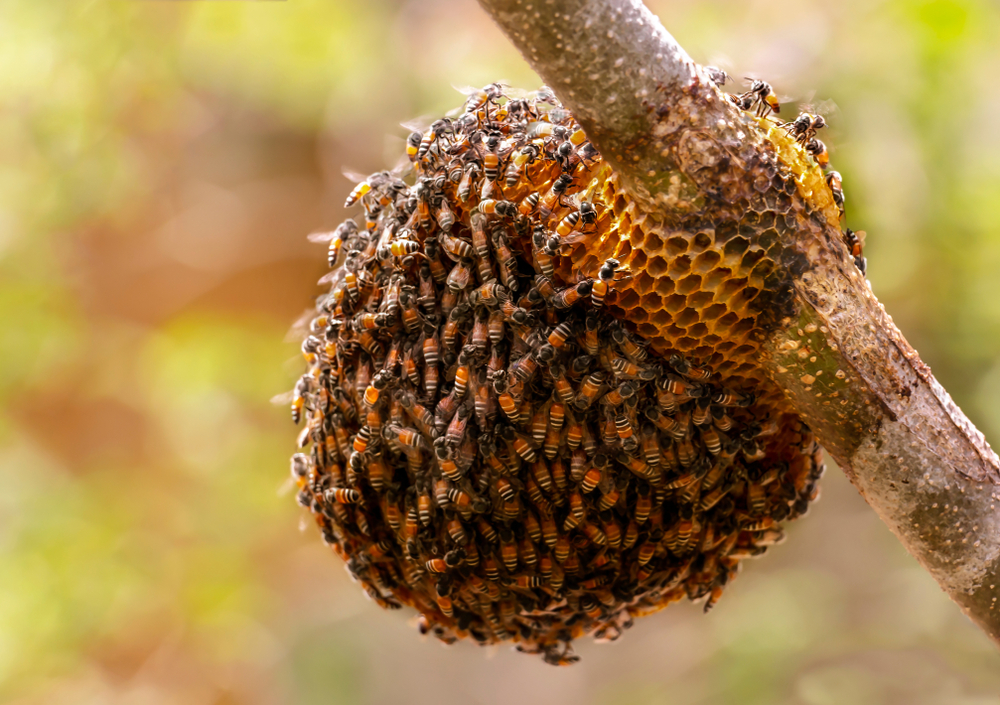
Bees are essential pollinators, but they also have extraordinary sensory abilities that allow them to predict natural disasters. Before an earthquake or volcanic eruption, beekeepers have observed bees leaving their hives en masse. This behavior is thought to be a response to changes in the Earth’s magnetic field or microseismic activities that are imperceptible to humans.
Additionally, bees are sensitive to changes in atmospheric pressure, which often occur before storms. Their sudden exodus from the hive could be a survival tactic to avoid being trapped by adverse weather conditions. Observing bee behavior can offer crucial insights into the natural world and impending environmental changes. So, when you see bees abandoning their hives, it might be wise to heed their warning and prepare for what’s to come.
10. Snakes and Their Ground-Level Sensitivity
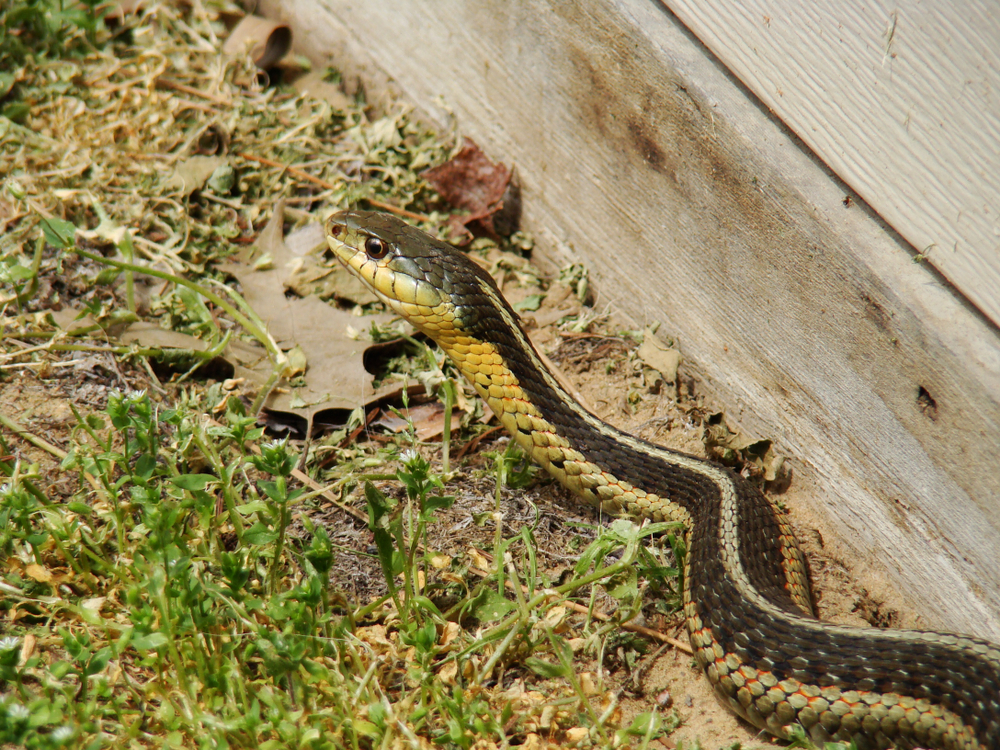
Snakes might send shivers down your spine, but they have an uncanny ability to detect earthquakes before they happen. These reptiles can sense vibrations in the ground through their bodies, which allows them to respond quickly to seismic activities. Before an earthquake, snakes have been seen emerging from their burrows or leaving their usual habitats.
In some cultures, snakes are revered for their perceived ability to predict natural disasters. Their sensitivity to ground vibrations makes them effective early warning systems for earthquakes. While they might not be the most cuddly creatures, their behaviors offer valuable clues about the movements of the Earth. So, if you notice snakes acting unusually, consider it a potential heads-up from nature’s ground-level guardians.
11. Cows and Their Grazing Habits as Weather Indicators

Cows might seem like unlikely candidates for predicting natural disasters, but their behavior can offer telltale signs of impending weather changes. Farmers have noticed that cows tend to lie down in the pasture before a storm, possibly in response to drops in atmospheric pressure. This behavior is thought to conserve warmth and energy as the animals prepare for inclement weather.
Interestingly, cows might also graze more quickly or gather together before a storm, indicating an awareness of changing weather patterns. Their sensitive hearing allows them to detect distant thunder, prompting a change in their usual routines. While cows might not warn us about earthquakes or tsunamis, their behaviors can provide valuable insights into upcoming weather events. So, the next time you see cows lying down in a field, it might be wise to prepare for rain.
12. Horses and Their Flighty Response to Imminent Danger

Horses are known for their speed and agility, but they also possess a unique ability to sense impending natural disasters. These animals have a heightened sense of hearing and can detect low-frequency sounds, such as those produced by earthquakes. Before a seismic event, horses have been observed to become restless, pawing at the ground or attempting to flee their enclosures.
Their keen sense of smell also allows them to detect changes in the air that could signal an approaching storm. When horses become unusually skittish, it might be a sign that something is amiss in their environment. Observing their reactions can provide valuable insights into potential natural disasters. So, the next time your horse acts out of character, it might be a sign to stay alert.
13. Toads and Their Predictive Leap Before an Event
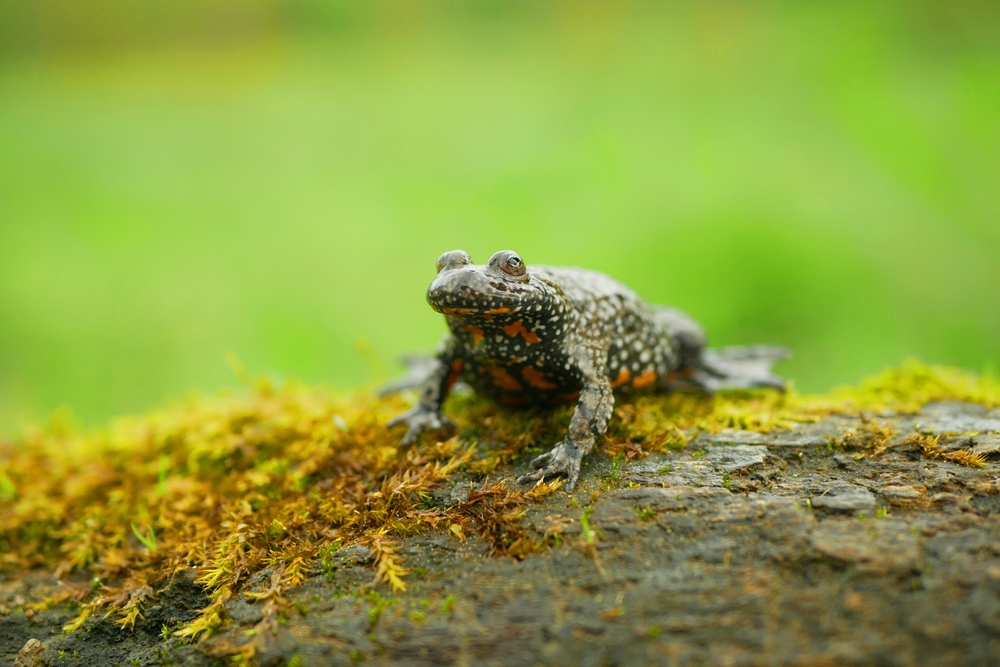
Toads might be small, but they have an impressive ability to predict natural disasters. Before an earthquake, some species of toads have been observed to leave their breeding grounds and seek higher ground. This behavior is thought to be a response to changes in the Earth’s electromagnetic fields or vibrations preceding seismic activity.
In addition to their earthquake-predicting abilities, toads are sensitive to atmospheric pressure and humidity changes, which often occur before storms. Their sudden departure from a pond or wetland might be a natural alert system warning of impending danger. While they might not be as vocal as frogs, their actions speak volumes about environmental changes. So, when you notice toads leaving an area en masse, it might be time to pay attention to what Mother Nature is trying to tell you.
